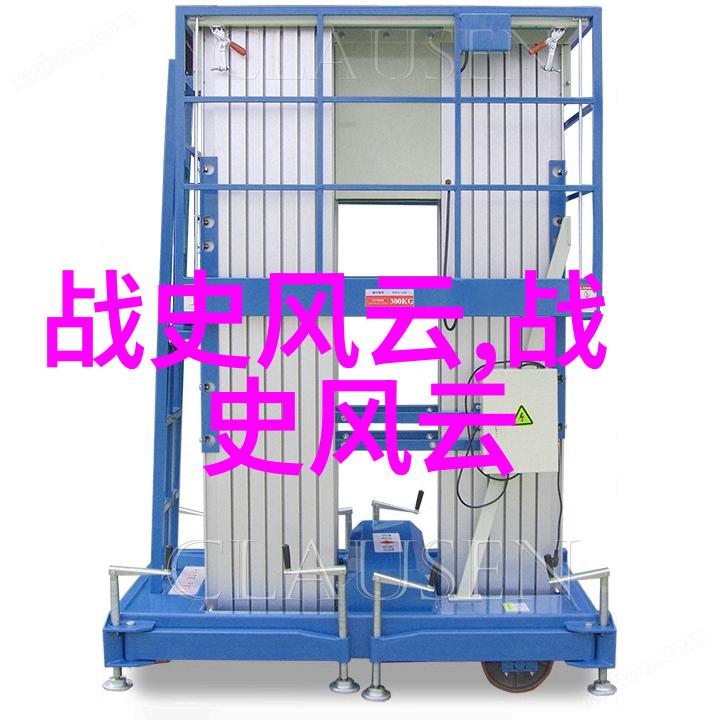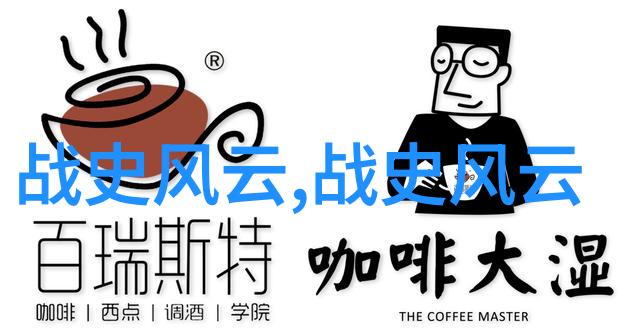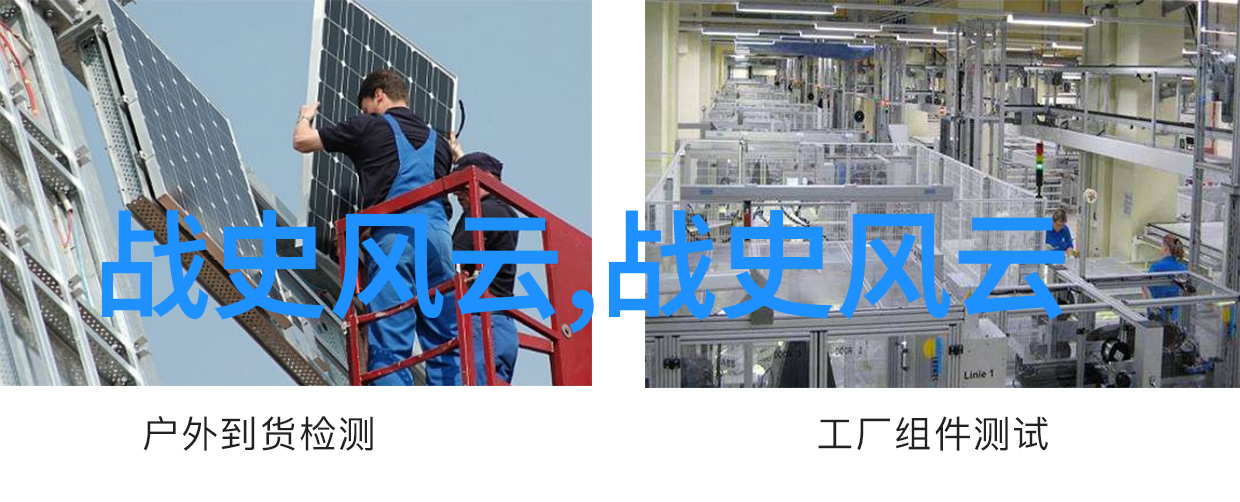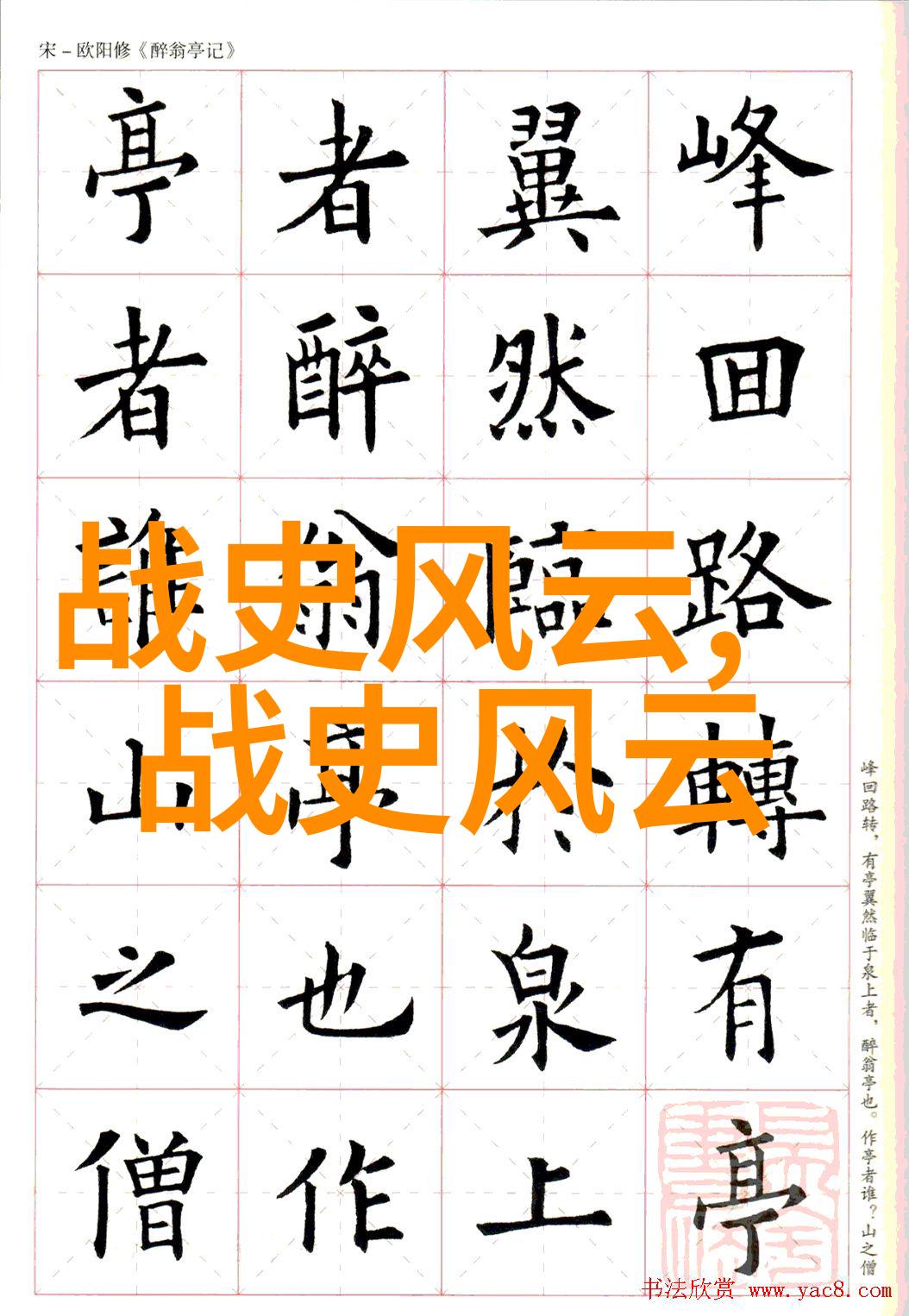How did Mao Zedong transform modern China through
How did Mao Zedong transform modern China through his policies and leadership during the Communist era?

Mao Zedong, also known as Chairman Mao or Mao Tse-tung, was a Chinese revolutionary leader who played a significant role in transforming modern China. His policies and leadership during the Communist era had far-reaching impacts on Chinese society, politics, and culture.
Born in 1893 in Hunan Province of China, Mao grew up with an interest in literature and philosophy. He became involved with the Chinese Revolution at an early age, joining the New People's Study Society while attending college. In 1921 he co-founded the Communist Party of China (CPC), which later became one of the most influential political parties in Chinese history.

In 1949 after winning a civil war against nationalist forces led by Chiang Kai-shek, Mao established the People's Republic of China (PRC) under communist rule. As chairman of both CPC and PRC from 1943 to his death in 1976, he implemented several key policies that transformed modern China.
One major policy was land reform aimed at redistributing agricultural land from wealthy landlords to poor peasants. This policy helped reduce social inequality by giving power to those who were previously marginalized groups such as peasants.

Another significant policy was collectivization where rural communities were organized into communes for shared labor and resources management. Although this measure intended to increase productivity it resulted in famine due to inefficient distribution system leading millions deaths during "Great Leap Forward" campaign between 1958-1962
Mao also launched several campaigns aimed at eliminating perceived enemies within society including intellectuals known as "Hundred Flowers Campaign" followed by "Anti-Rightist Movement". These campaigns led many people being persecuted or even executed based on their beliefs or opinions

However it is important to note that these actions had both positive outcomes like reducing poverty among farmers through land reform but also devastating consequences such as famine caused by mismanagement during Great Leap Forward
Despite some controversies surrounding his rule, there is no doubt that Mao left lasting impact on contemporary china especially regarding its national identity & cultural heritage

His legacy continues shaping china today whether it be seen positively or negatively depending on individual perspectives



